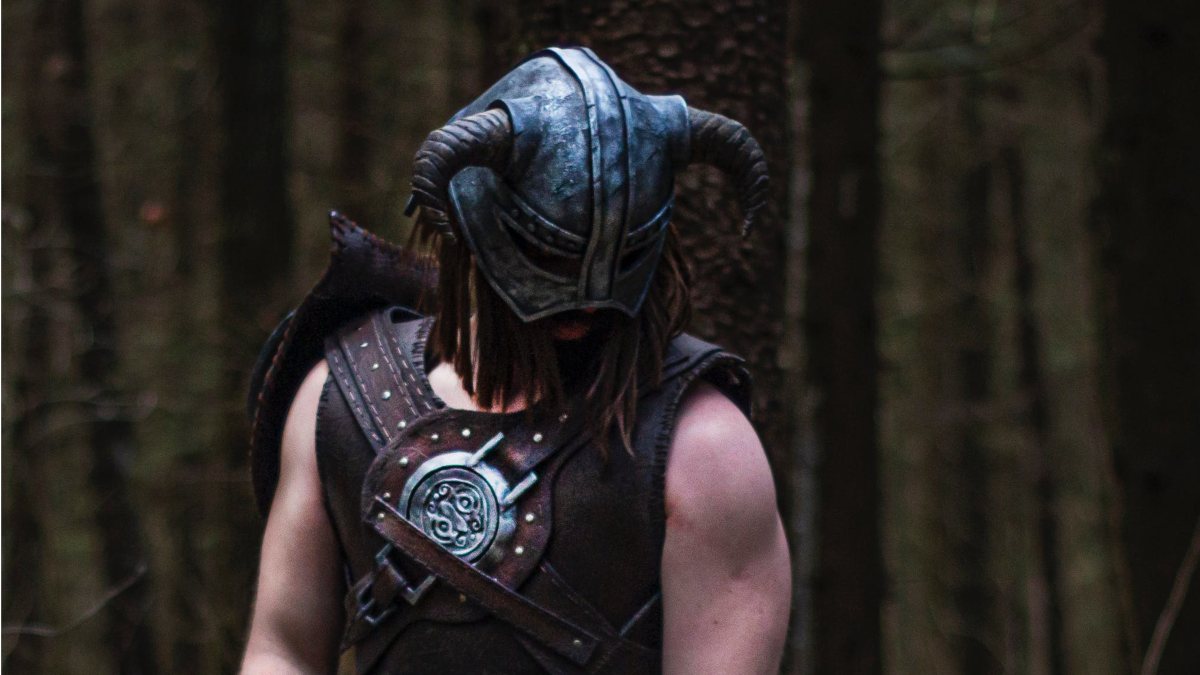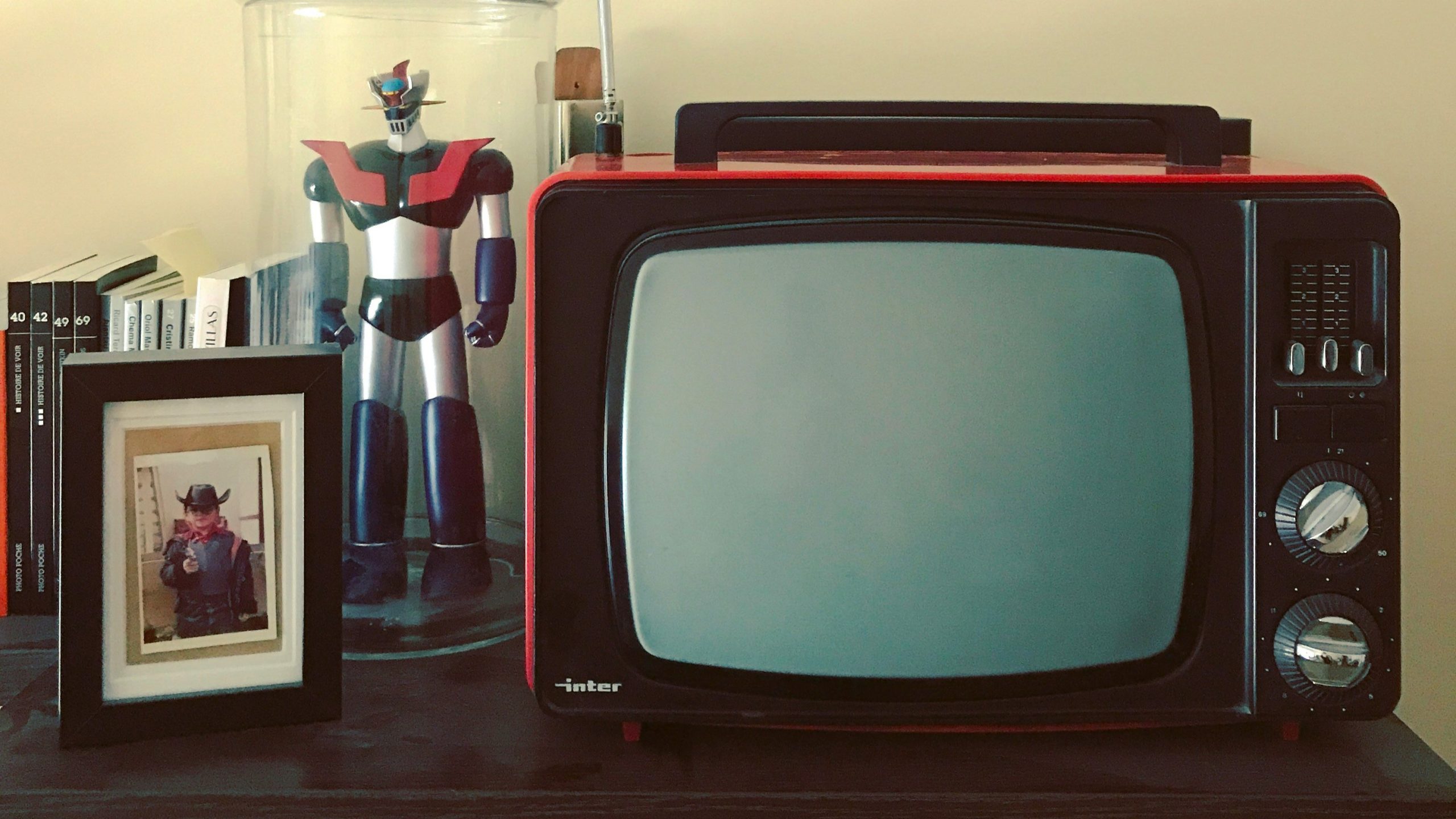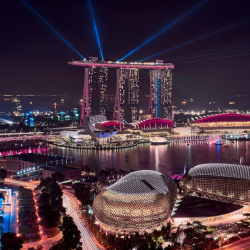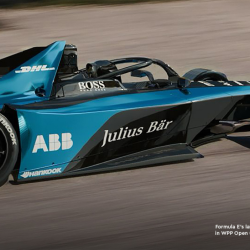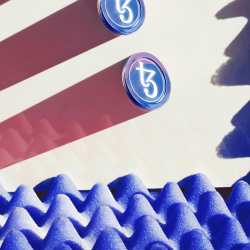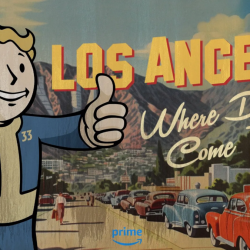Bluetooth. It’s a weird word.
It dates back to Harald Bluetooth, a Viking king of Denmark. This previously obscure word lost to history, ‘Bluetooth’, is now ubiquitous, and part of our everyday lives like electricity. Inevitably there is a wave of uncertainty, sometimes doom, or even dystopian fear, with each new technical innovation. Remember the Y2K/millennium bug? Or the conspiracy theories around 5G? And so, to AI… The First Steps in AI conference will take place in York this March, and will discuss this era-defining technology. We are in that moment in time when AI causes unease: we’ll all be out of a job! Or worse… AI will destroy humankind! I’m a fan of AI, it’s a little like Bluetooth, in that it’s already here, there, and everywhere. And like Bluetooth, it will soon be taken for granted and be part of our toolbox. As an Innovation Director with an MSc in Psychology and 30 years’ experience, working in strategic innovation management, creative thinking and unlocking the potential for things makes me tick. And it can also make the world tick, it is transformative.
I work with organisations all over the world who do important work — in energy, infrastructure, fintech; and I see AI as a valued colleague.
A few years ago I began working with Google Deep Mind, and witnessed leading minds working on AI to find solutions to major societal challenges: disease, climate change, energy. One of the projects I’m currently working on is on speeding up infrastructure in our energy sector; so we can tap into the green energy around us. Without it we’re dependent on suppliers like Russia. And worse, we face climate change. Time is not something our planet has on its side. But the industry is, of course, highly regulated and speed is considered dangerous.
AI is a remarkable solution. It offers speed, safely…
You can programme a number of scenarios into AI (i.e., the world is getting hotter, what’s the solution?) it will look at the critical success factors, safety, cost-effectiveness, legalities, and weigh each up. It will critically analyse every approach. AI can do the heavy lifting that frees up great minds. Because, of course, we still need human minds to do the actual job. AI is simply a valued colleague — a research assistant, strategist, or copywriter. When it comes to analytics and processing information (on the what and the how) and identifying problems, AI should be your go-to associate. We’re working on so many large and important projects globally, and AI is now part of the solution. Yet we still see those who resist, like Luddites, as there’s safety in what we know. Change is scary, but remember a few generations ago we didn’t have planes or TVs. And who can imagine life without the internet? Yes, some of the work around AI can sound like the set-up of a bad sci-fi movie… What if AI becomes cognitive? What if we ask it to solve climate change and its analysis shows humans are the biggest problem — so wiping us out is the answer?
Then there are huge ethical questions about the role it might play in warfare. It also raises questions, too, about what is real or fake? There’s no doubt that legalities and ethics will be a crucial part of the AI sector. Innovation has been my lifeblood for 30 years, and I’ve seen many changes in this digital age. I co-founded my agency ThinkOTB with the philosophy that we need to be open to change to evolve. My job is to help people step outside of the box, and to be optimistic and open-minded. These very questions around AI force us to ask ourselves what it is to be human; and they are exactly what we need right now.
Featured image: Valiantsin Konan / Pexels




















